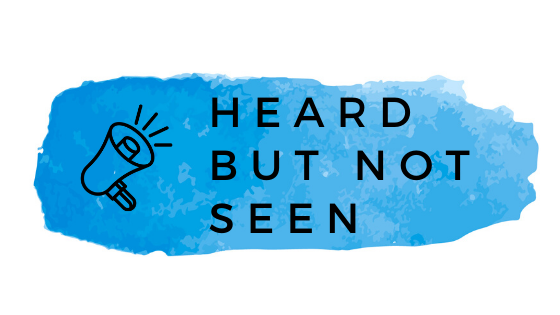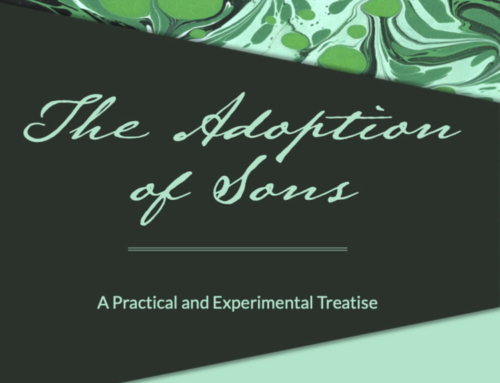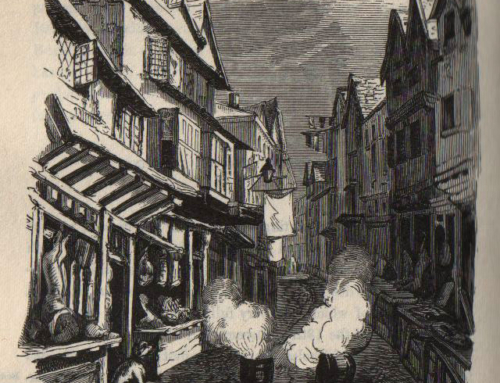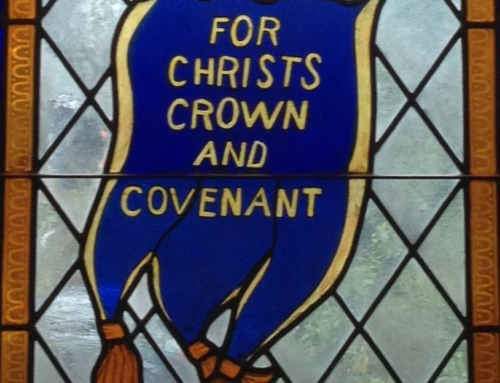The following article first appeared on the pro-life blog Heard But Not Seen and is used with permission.
Many pro-life men have spoken against abortion only to be told that we have no right to do so. “No uterus, no opinion!” This slogan is used to shut down discussion or to criticise male legislators when they try to enact pro-life laws. Consequently, the moral question concerning life in the womb has been hijacked as a “women’s rights issue.” Many men feel frozen out of the debate and, unfortunately, keep silent. I want to challenge men to engage boldly in order to protect the weak and vulnerable.
The statement “No uterus, no opinion!” is a logical fallacy. Simply, it is an opinion about who gets to have an opinion. Neither males nor females have a monopoly on what is right or wrong, true or false. Yes, the ramifications of this debate may have a more immediate effect on a pregnant woman’s body, but that alone does not disqualify men from forming well-reasoned beliefs on the topic. Truth is objective because it is God’s truth and morals are absolute because of God’s law. Anyone who seeks the truth may find it, whether male or female. To dismiss pro-life men from the abortion discourse is of course expedient for those who favour abortion, but by using an emotionally-driven logical fallacy they already concede that they are not concerned about principle.
Although men are not inherently disqualified from the controversy it does not necessarily mean that they will be interested in it. Some might prefer to keep their perspective quiet. Biblically, however, there is a real obligation for men not only to care, but to act.
I could try to argue for this point by converting the “women’s issue” into a “men’s issue.” Many babies aborted are male and are denied an opportunity to grow up into men. All the babies have a father who may have been left out of the decision. But this reasoning is not strong. The reason men should care about abortion is not because it’s a men’s issue. I am grieved that baby girls as well as baby boys are murdered in the womb, and whether the father has a say or not doesn’t affect the morality of the case.
Men should be concerned about abortion because we are created by God to be protectors (1 Corinthians 11:3, Ephesians 5:25, 1 Peter 3:7). In the Biblical order of the family the husband is to lead and to protect his wife. He is to do this in love, caring for her physical, emotional, and spiritual needs. What would you think of a man who abandons his wife to physical danger? Hopefully not much. It is unnatural as well as ungodly. The same applies in society. Any man who watches a vulnerable woman being beaten in the street would be cowardly if he did not try to intervene. How can we sit by apathetically as the most helpless in our nation, those who have life but no voice, are legally slaughtered?
But let me first speak this truth to a section of the male population that is part of the problem, those who are sexually promiscuous. Men can have all the pleasure of sexual intercourse with none of the consequences. A guy can pressure his girlfriend to sleep with him and then ditch her if he discovers she is expecting. Sin has consequences. It is better to avoid the sin, but if that has not happened, it is better to face the consequences in a Godly way. Two wrongs don’t make a right. This world needs Godly men who view sex as a great gift from God within the confines of marriage – the only environment in which God permits us to procreate. Men who think only of their own sexual pleasure and of protecting their own interests at the expense of others are directly responsible for the tragedy of abortion. Despite appearing macho, such men are deficient, unmanly, and weak.
In the Old Testament, when Israel sinned it brought about God’s curse. On one occasion, during the reign of Ahab, God used Elijah to announce a drought. This drought would be severe for there would not even be the morning dew to temper its brutality. Day after day the heat of the sun blazed down on the arid ground, burning vegetation and causing widespread famine. As king, Ahab should have been moved to pity for his poor, starving citizens, but in 1 Kings 18 we see that his concern is for his horses and mules. Where could they find grass for the animals? Ahab is a depiction of a man with power and influence, whose concern should have been for the poor and the vulnerable in their suffering, yet instead he is self-centred, valuing animal life above human.
In stark contrast to Ahab stand two men of differing temperaments, but who both feared the Lord greatly: Elijah, the fiery preacher who denounces Ahab’s sin, and Obadiah, who hid away one hundred of the Lord’s prophet’s in caves. Both men take their stand, one with words and the other with action. Each puts his life in jeopardy.
Every man has his part to play, even if we have different personalities. God calls us to be protectors in the family and in wider society. How can we stand by knowing the defenceless are in peril? Some could be like Elijah and should speak up. Are you prepared to use your voice for good? We need preachers to denounce child-murder, lobbyists to make the case to politicians, advocates to influence the masses. You have a bigger platform than you perhaps realise. Each of us has friends or colleagues on the opposite side of the debate and our social media accounts can be used to voice the truth.
Others, like Obadiah, can take action to protect the unborn. Paul reminds us in Ephesians 4:28 that work is not merely to earn wealth for ourselves but so that we can be in the position to help those in need. We need men to use their money to promote pro-life causes and who will donate to alleviate the needs of crisis pregnancies. Perhaps you are in the position to foster or adopt to become a father to the fatherless and unwanted.
Finally, let’s not abandon our sons to the evil of this generation. Let’s teach them to be real men who protect the powerless. We may not have uteruses, but we have truth on our side and a duty to do something about it.
Rev. Stephen McCollum






